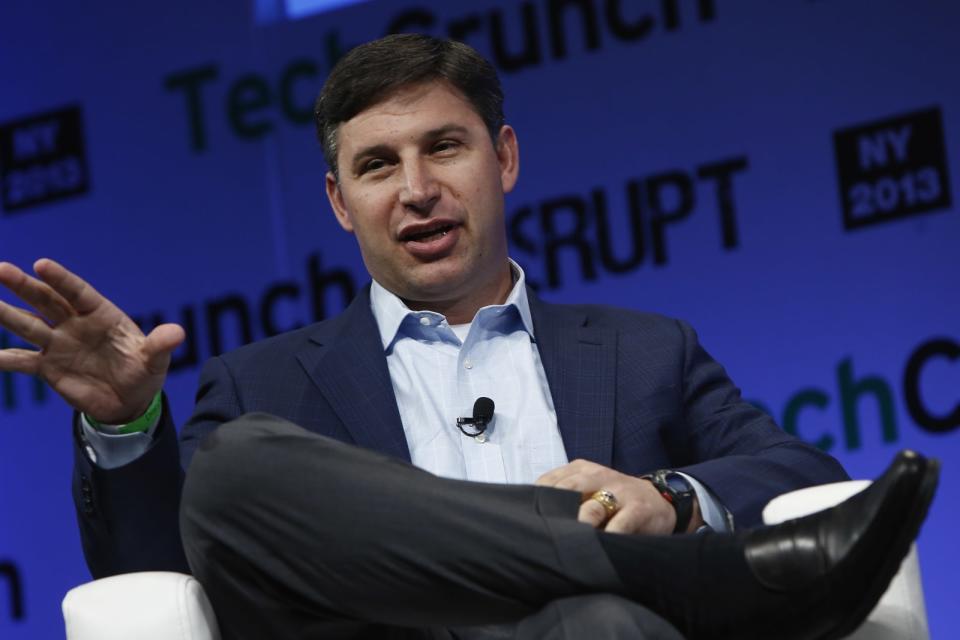Twitter spent 2016 pouring gasoline on its fires
The social network has had a troll problem for years, but won’t do much to address it.

Twitter isn't a single entity, but a conglomeration of communities that use the same platform for various purposes. There's weird Twitter, political Twitter -- hell, there's even a cute animal pictures Twitter. Beyond communication in 140-character snippets, there's only one other thing that the service's disparate users can agree on: the fact that the site has failed to fix any of the fundamental problems that have dogged it for years. Discussing the toxicity of Twitter's culture is tired beyond cliche, but it's clear that its reputation precedes it. It's seen as a place where people abuse and get abused by strangers on a daily basis. Now, most ordinary companies would have, at some point, attempted to resolve this problem by taking positive action. Twitter's response was, pretty much, to do nothing for a very long time, only to recently start banning users on a seemingly ad-hoc basis. Twitter's failure to consistently enforce its own rules only serves to undermine its position, showing how reactive it is. Last month, professional attention-seeker Tila Tequila was banned from the site for her Nazi tweets, including one in which she offered a 45-degree salute. And yet, the official account of the actual American Nazi Party remains active, mostly because it cloaks its intentions behind more inventive language. Of course, these bans play into the hands of those who would use the site to burnish their own celebrity. When one famous white supremacist was banned, he described the experience to journalist Laurie Penny as "fantastic." Technically, this is probably the easiest of Twitter's problems to fix, because the only thing it requires is a spot of courage. The site could easily build the algorithm described by MIT's Karthic Dinakar in 2014 that identifies keywords in tweets you're about to send. If a word that folks agree isn't polite is found, a pop-up could appear asking if the writer is really intending to hurt someone else. The Anti-Bullying League's Luke Roberts told the BBC that simply prodding people into remembering that people have feelings can help. Even better is that there's no censorship -- just an appeal to users to remember common decency. By comparison, Twitter's "meaningful" efforts at reducing hate speech still put the onus on harassment victims to deal with it. For instance, people suffering abuse can now mute keywords and whole conversations, though it's unclear how many people will actually do so preemptively. In many ways, it's a Band-Aid over a very large bullet hole; it won't do much to cleanse Twitter's toxic culture. Twitter's stock price lurched almost constantly downward in 2016, with a buyout rumor the only thing to briefly reverse that trend. Much of the company's gloom is laid at the feet of Dorsey, whose passive, discursive leadership style left employees cold. In this power vacuum, Bloomberg reported that the former NFL executive Anthony Noto stepped in to assert de-facto control over the company. Noto pushed Twitter to sign video-streaming deals with Bloomberg and the NFL, much to Dorsey's apparent chagrin. To cut its losses, Twitter fired 350 employees and killed off Vine, which had once been a rising star in the social-media world. For around two years, it was the home of a new generation of comedy talents, some of whom secured TV deals off the back of their six-second sketches. But Vine's engineers were content to rest upon their laurels while younger, nimbler rivals like Snapchat developed new tools. At a crisis meeting, "Viners" begged for comment-filtering, advertisement tools and cash, while Snapchat innovated with live filters and promotional tie-ins. As such, the stars left the platform, and it quickly sank into irrelevance. The end of 2016 can't come quick enough for Twitter as it suffers another wave of negative press surrounding the departure of COO Adam Bain. The executive was responsible for building Twitter's advertising business that generated so much of its revenue. With his exit, it feels as if Twitter's chance to regain its credibility is beginning to slip away. Or is it? For all of Twitter's faults, it has a dedicated and loyal user base, including America's next president. It is beloved by news organizations, political groups and celebrities, who use the platform to connect with their various supporters, readers and fans. If Jack Dorsey can keep the money rolling in, Twitter will be fine. It just might never be as beloved, smart or fun as it could be. Check out all of Engadget's year-in-review coverage right here.
Twitter's troll problem was enough to put off several buyers who were interested in rescuing the service from its current malaise. At the tail-end of the summer, various big-name bidders began having discussions about a potential purchase. The list of would-be suitors included Google, Salesforce and Disney, but each one kicked the platform's tires, sniffed the oil and ran away screaming. If the rumors are true, each of these companies was turned off by the inherent risk of inheriting Twitter's trolling problem. Although it was Jack Dorsey's preference for Twitter to remain a standalone company, he now couldn't sell it if he tried.

